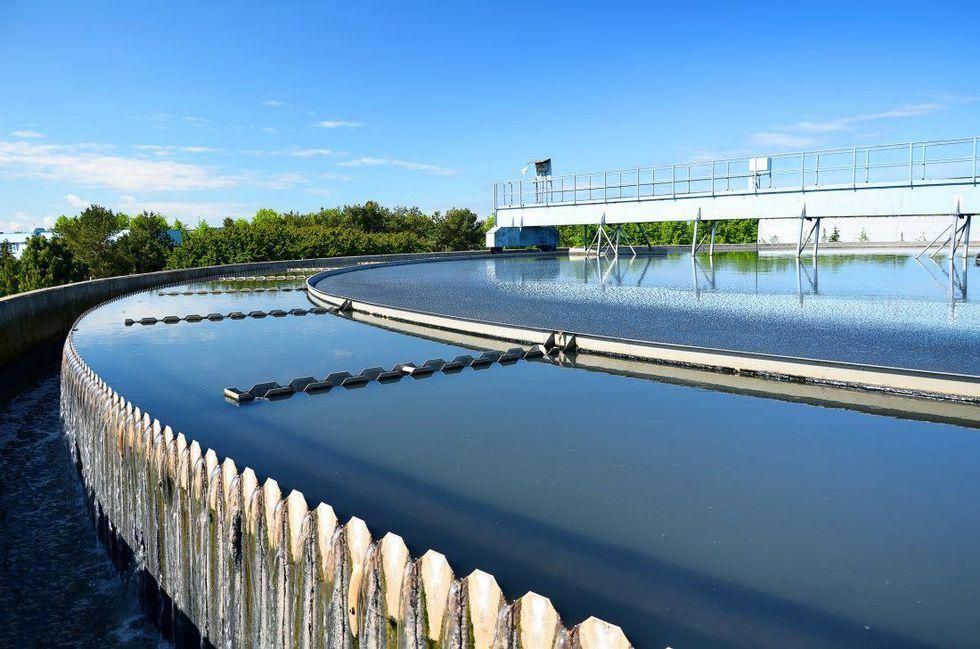The history of sanitation has its roots in ancient times, in which its development was by that of cities and religious or commercial centers. As a noteworthy example, we can point out the sanitation network that the city of Rome already had, built around 600 BC and called "Sewer Maxima", which dumped the city's waste into the Tiber River.
It is known that sanitation is born as a response to a health problem.
Industrialization resulted in the uncontrolled overcrowding of the population around the production centers, creating absolutely painful sanitary conditions, which gave rise to numerous epidemics that highlighted the connection between the sanitary state of drinking water and development of diseases.
Despite the fact that many cities had, for several centuries before, water evacuation conduits, these had been designed exclusively for the drainage of rainwater, to the point that in early 19th century England it was forbidden to discharge water residuals to those conduits.
The first step in solving the problem was the construction of drains from the buildings - which, until then, only had, at most, cesspools - and their connection to the drainage conduits, giving rise to the first sewers of unitary type, a system that was later adopted by most cities.
In 1842 Sir Edwin Chadwick drew up a report on sanitary conditions in Great Britain in which he established the need to collect wastewater in a specific sewage system, proposing the use of stoneware pipes and the separation of wastewater from rainwater, advocating separative systems with his famous sentence: "Rainwater to the river and residual to the field." Starting in 1847, the obligation to connect buildings to sewage networks was established.
In short, it is from the British initiative, in the middle of the last century, when the modern foundations of sanitation are established, specifically with regard to the first aspect of it: the collection and transport of wastewater.
However, the construction of the first sewerage networks showed that, although they contributed to reducing the number of discharge points, obviously improving local conditions compared to the previous situation, there was a higher concentration of pollution, that, immediately, produced a worsening of the state of the rivers, creating unacceptable hygienic and environmental conditions, for which the idea was suggested that the discharge of wastewater should not be carried out to them, but should be used to fertilize the soil, with which proposed the first treatment system and completed the previous concept of sanitation, based on the collection and transport of wastewater, with its purification.
From this point on, the first purification systems were developed, initially aimed at the elimination of solid matter and later complemented with that of soluble organic matter through biological treatments, first the trickling filters (1897) and, later, the sludge. Activated (1914).
We can say that at the end of the sixties a considerable scientific base has already been developed regarding conventional biological treatments that, in fact, have lasted to this day.














